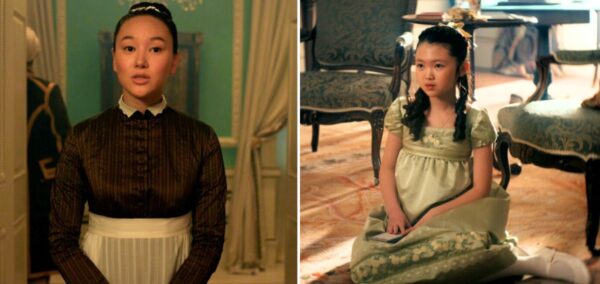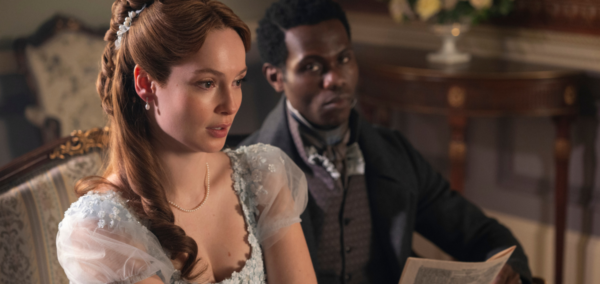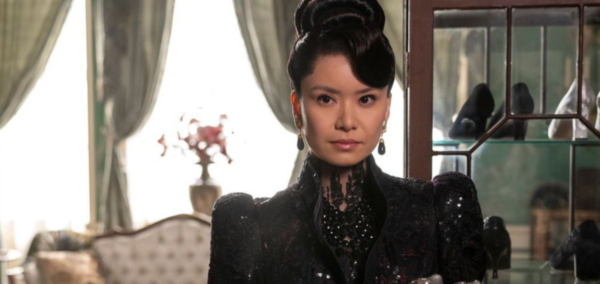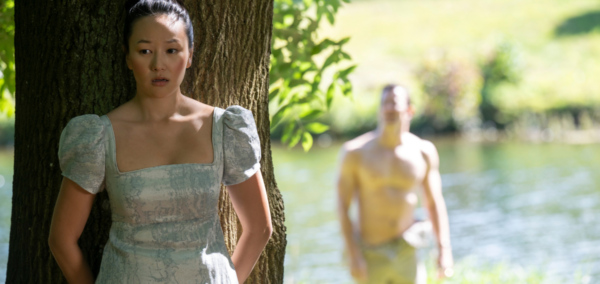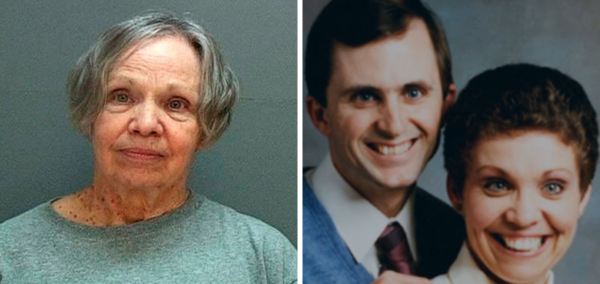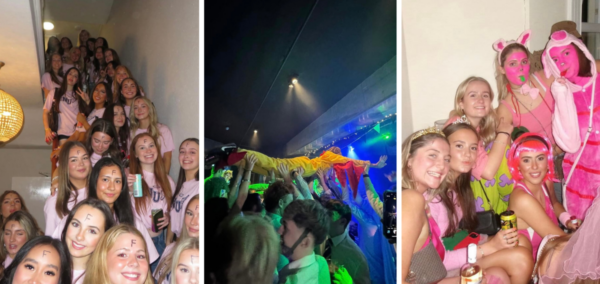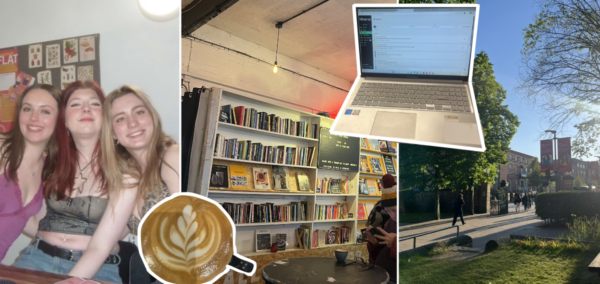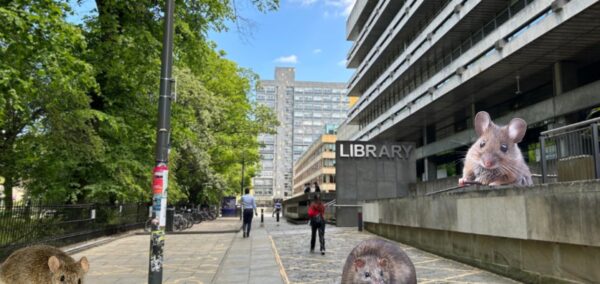
Some women you might not have known to have paved the way for uni education in London
March is Women’s History Month
March marks Women’s History Month, with 8th March being International Women’s Day.
An official theme this year is #EmbraceEquity, with the aim to “get the world talking about why equal opportunities aren’t enough.” It distinguishes between “equality” and “equity.” The former means giving everyone equal resources, while the latter considers people’s different starting points and entails providing individualised opportunities to achieve an equal outcome.
There have been, and continue to be, incredible women pioneering a more equitable world for themselves and their peers, especially in education. The London Tab compiled some we should acknowledge this month and beyond.

Elisabeth Jesser Reid
Elisabeth Jesser Reid founded Bedford College, the UK’s first higher education institution for women, in 1849.
Founding the college, which is now a part of Royal Holloway, had been described as a “dream from childhood” of Reid’s. She envisioned it to be “a radical, even visionary institution” serving to enrich “women’s cultural and intellectual life” rather than only providing vocational training.
This ambition was indeed “radical” at a time when around 40 per cent of women in the UK were still illiterate, and even a lifelong friend of Reid’s thought she had ”bigoted opinions about female education.”
But while there were only a few dozen applications when Bedford was founded, the college gradually became recognised as having paved the way for many brilliant women. These include renowned novelist George Eliot and Dame Margaret Mile, who became the head of the UK’s first girl’s comprehensive school.
Most Read
Alongside providing education for women, Bedford was also revolutionary in including women in its governing body, making it the first British school to do so.
Discover the life of Elisabeth Jesser Reid, a social reformer, anti-slavery activist, and philanthropist, best-known as the founder of Bedford College, now part of @RoyalHolloway https://t.co/aI1RRa1mdO pic.twitter.com/rSBPk0PjZT
— National Biography (@odnb) June 2, 2019
Elizabeth Garrett Anderson
Elizabeth Garrett Anderson was the first woman physician in the UK and a pioneer in the fight for women’s education in medicine.
Her path to medicine was a particularly rocky one. She was denied admission into many medical schools, and even after she enrolled in one as the only female student, she was barred by her classmates after coming out first in exams.
In 1865, she saw a loophole in the system: the Society of Apothecaries didn’t ban women from taking examinations. She then passed the exam and gained the license to practice. But this was followed by the Society changing its rules to prevent other women from following her path.
While she could already practice apothecary by 1866, she taught herself French and got an actual medical degree from the University of Paris in 1870. The British Medical Association recognised her three years later, and she remained the only women member there for 19 years.
Anderson founded a dispensary for women and children in London after getting her apothecary license. It soon developed into the New Hospital for Women and Children and the only UK teaching hospital to offer courses for women.
The hospital was renamed the Elizabeth Garrett Anderson Hospital in 1918 after Anderson’s death. Its facilities, primarily for women’s health, are now mainly under the Elizabeth Garrett Anderson (EGA) Wing of University College London Hospital (UCLH) after an NHS reorganisation in 1999.
Happy International Women’s Day to all the incredible women @uclh Elizabeth Garrett Anderson was the first woman to qualify as a doctor and this portrait in the EGA wing shows her determination #WomensDay pic.twitter.com/4esuIr1AHL
— Rachel Maybank (@rlmaybank) March 8, 2023
‘The London Nine’
On Saturday, 15th May 1869, University of London saw the first nine candidates in its inaugural “General Examination for Women.” While passing the test didn’t mean being awarded a degree for women, as admission to degree programmes only became possible 10 years later, the exam still marked the first time a UK university admitted female candidates.
The nine women who came to be known as “The London Nine” were Sarah Jane Moody, Eliza Orme, Louisa von Glehn, Kate Spiller, Isabella de Lancy West, Susannah Wood, Mary Anne Belcher, Hendilah Lawrence, and Mary Baker Watson.
Of the six awarded a certificate after the exam, several went into teaching to further women’s place in education. These include Sarah Moody, who established a preparatory school in Guildford, and Susannah Wood, who became the Vice-Principal of the Cambridge Training College for Women – known as Hughes Hall in the University of Cambridge now.

These are only a few pioneers for women and girls’ access to university education. You can find more notable women in education and London university alumnae through the “Leading Women” campaign by University of London.
Related stories recommended by this writer:
• ‘It’s heartbreaking’: Afghan activist and LSE grad on the Taliban’s university ban for women
• UAL accused of ‘discrimination’ after banning student mother from breastfeeding on campus
• ‘It is isolating’: Medical students are struggling to get by on ‘unliveable’ funding







